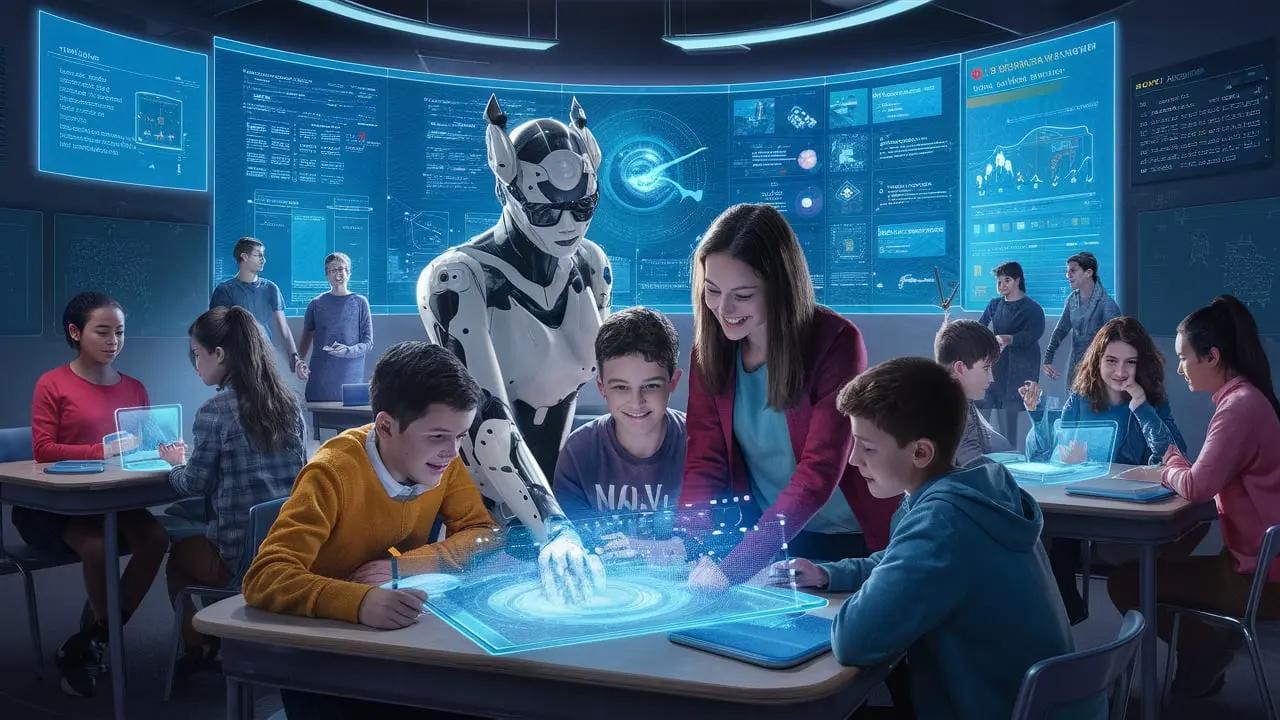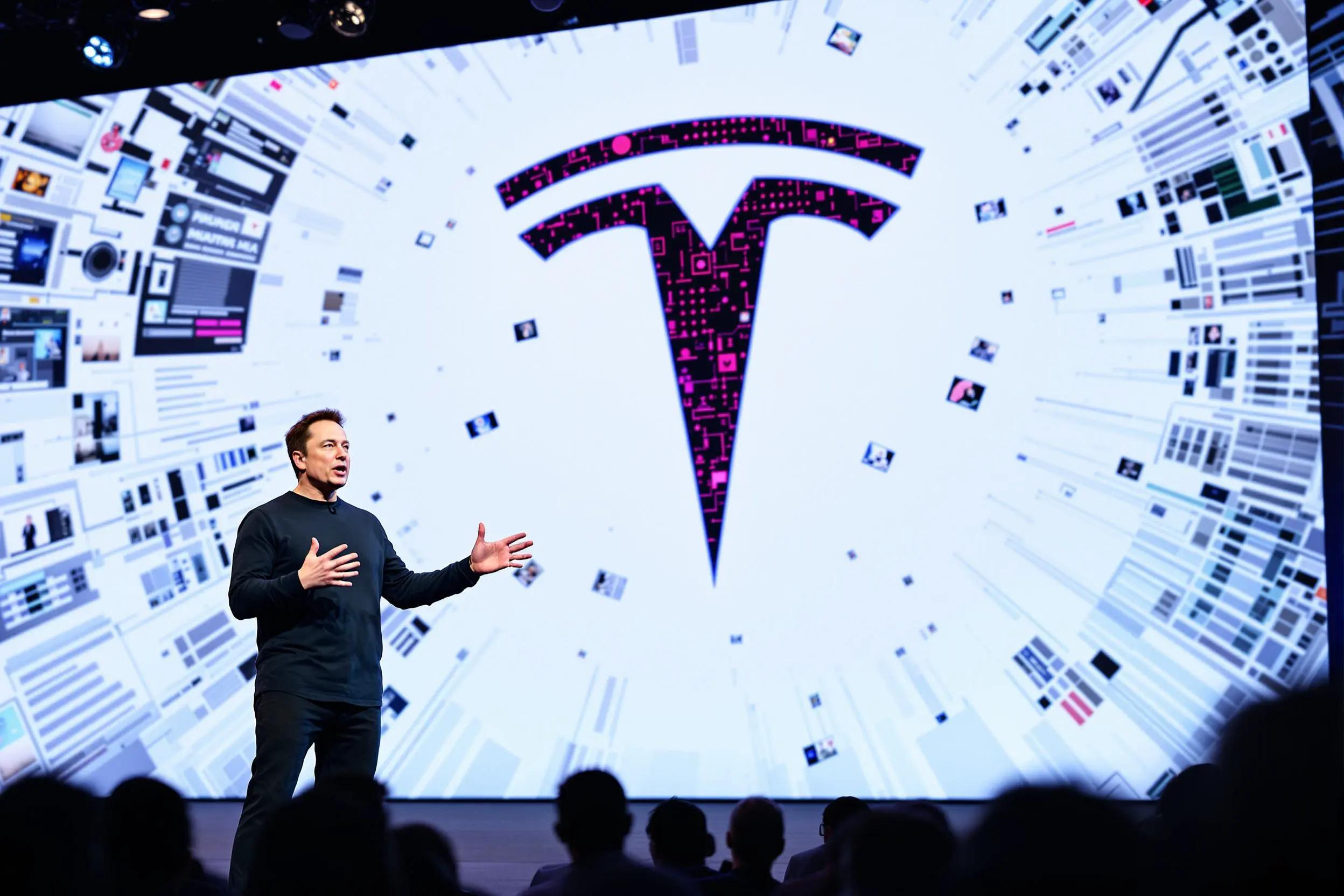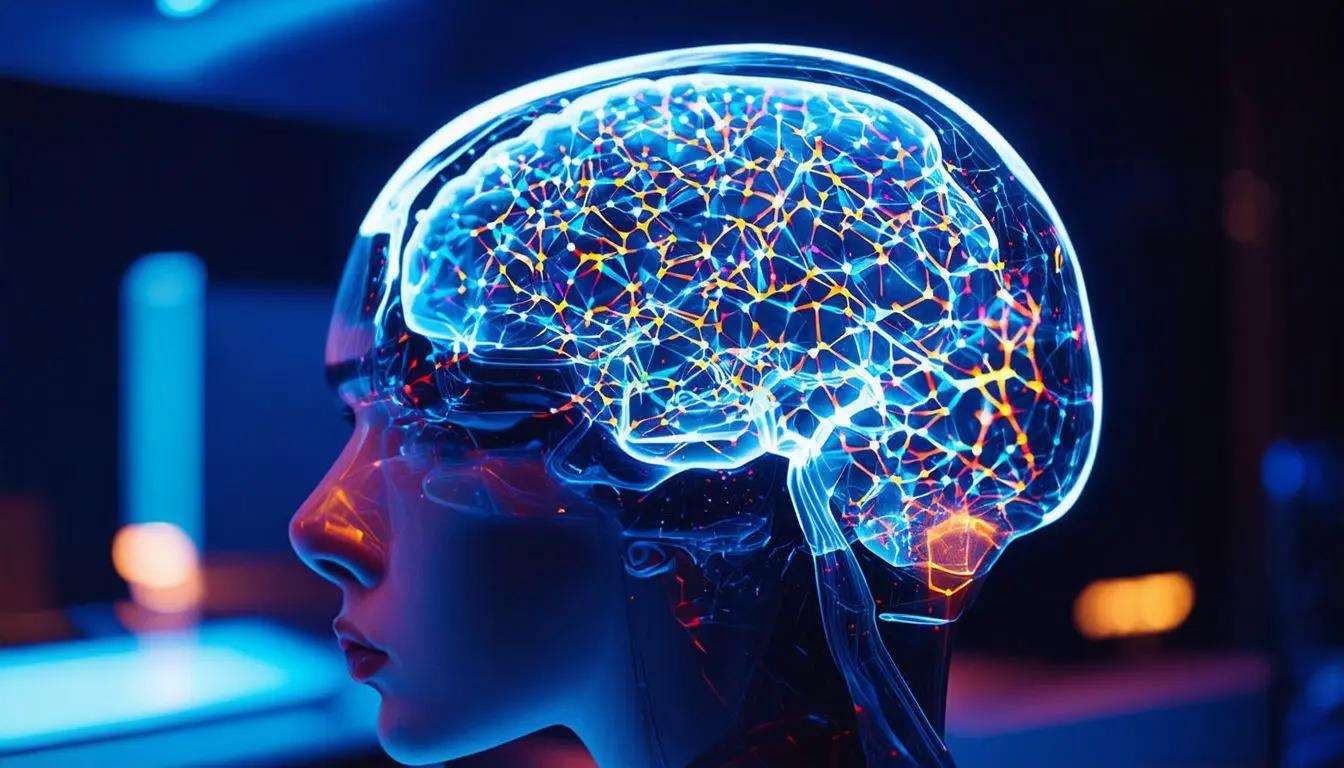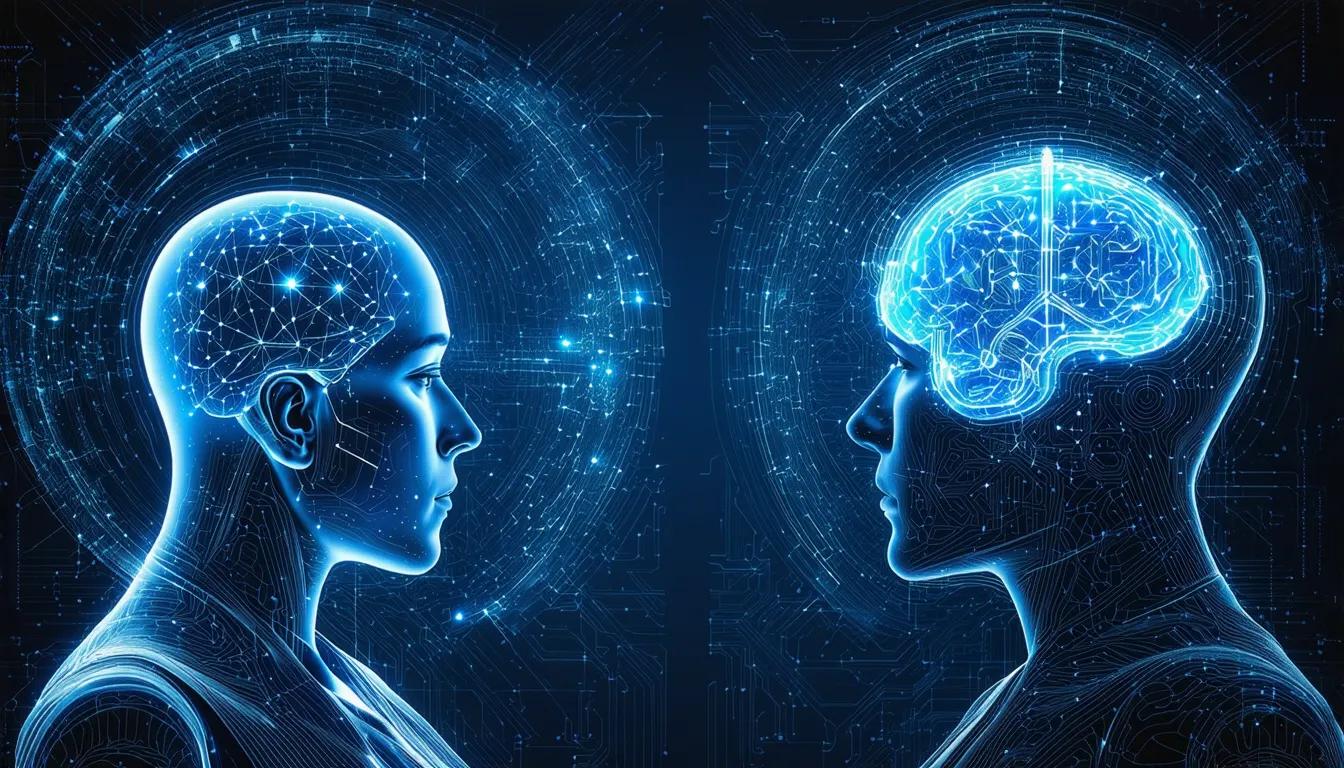June 20, 2024|5 min reading
Harnessing the Power of Artificial Intelligence in Education: A Comprehensive Guide

Artificial Intelligence (AI) is poised to revolutionize the educational landscape, offering innovative solutions to longstanding challenges and paving the way for a more inclusive and equitable learning environment. While the potential benefits are vast, there are also significant risks and challenges that need to be addressed. UNESCO is at the forefront of this transformation, advocating for a human-centered approach to AI in education to ensure its benefits are accessible to all.
The Promise of AI in Education
Addressing Educational Challenges
AI has the potential to tackle some of the most persistent issues in education. From personalized learning experiences that cater to individual student needs to intelligent tutoring systems that provide real-time feedback, AI can enhance both teaching and learning processes. These advancements can lead to improved educational outcomes and help close the achievement gap.
Innovative Teaching Practices
AI technologies enable the development of new teaching methodologies that can adapt to the evolving needs of students and educators. By leveraging data analytics and machine learning, AI can offer insights into student performance and engagement, allowing teachers to tailor their instruction more effectively. This dynamic approach can foster a more engaging and effective learning environment.
Accelerating Progress Towards SDG 4
AI can play a crucial role in achieving Sustainable Development Goal 4, which aims to ensure inclusive and equitable quality education for all. By providing tools and resources that support diverse learning needs and promoting accessibility, AI can help bridge the educational divide and create opportunities for learners worldwide.
Challenges and Risks
Ethical and Privacy Concerns
The rapid development of AI technologies brings with it a host of ethical and privacy concerns. Issues such as data security, algorithmic bias, and the potential for surveillance need to be carefully managed to protect students' rights and ensure fair and transparent use of AI in education.
Policy and Regulatory Frameworks
Current policy debates and regulatory frameworks have struggled to keep pace with the rapid advancements in AI. Developing comprehensive guidelines and standards is essential to ensure the responsible and ethical implementation of AI in educational settings. UNESCO's efforts in this area aim to create a shared understanding among policymakers and educators about the implications of AI in education.
Inclusivity and Equity
A key challenge is ensuring that AI technologies do not exacerbate existing inequalities. There is a risk that the digital divide could widen if access to AI tools and resources is not evenly distributed. UNESCO emphasizes the importance of an inclusive approach to AI, ensuring that all students, regardless of their background, can benefit from technological advancements.
UNESCO's Role in AI and Education
Human-Centered AI
UNESCO advocates for a human-centered approach to AI, focusing on enhancing human capacities and protecting human rights. This approach ensures that AI is used to support effective human-machine collaboration and sustainable development. UNESCO's mandate includes promoting inclusivity and equity in the deployment of AI technologies in education.
Policy Guidance and Capacity Building
Through initiatives like the Beijing Consensus and various publications, UNESCO provides valuable guidance to policymakers and educators. These resources aim to foster readiness and understanding of AI's opportunities and challenges in education. By building capacity and providing technical advice, UNESCO helps countries develop and implement effective AI strategies in their educational systems.
Global Partnerships
UNESCO collaborates with international organizations, governments, and private sector partners to promote the responsible use of AI in education. These partnerships aim to harness the potential of AI for educational innovation while ensuring that its deployment aligns with ethical standards and promotes global equity.
Conclusion
The integration of AI in schools holds immense promise for transforming education and achieving inclusive and equitable learning for all. However, realizing this potential requires addressing significant ethical, regulatory, and equity challenges. UNESCO's leadership and commitment to a human-centered approach to AI in education provide a framework for navigating these complexities and ensuring that AI serves as a force for positive change in the educational landscape.
By leveraging AI's capabilities responsibly, we can create a future where every student has the opportunity to succeed, and education systems are better equipped to meet the diverse needs of learners around the world.
Explore more

Elon Musk’s Vision: AI, Mars, and a Future of Abundance
Explore Elon Musk’s predictions on AI, Tesla’s Robotaxi plans, Starship’s Mars mission, and the role of robots in a futu...

Unlocking the Future: The Revolutionary Potential of Brain Image Reconstruction Technology
Discover how brain image reconstruction technology is pushing the boundaries of science and art by decoding thoughts int...

Can Artificial Intelligence Replace Human Intelligence?
Exploring the capabilities and limitations of AI in comparison to human intelligence.
